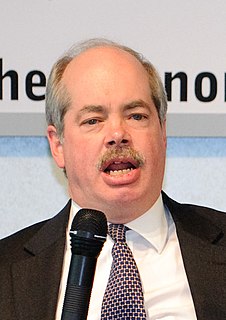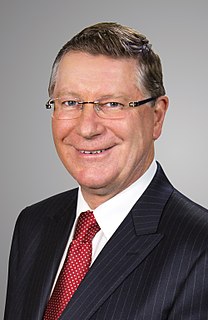A Quote by Michael Shellenberger
The renewable industry claims technical innovations will improve solar and wind - but in reality nothing can change the lower power density of sunlight and wind.
Related Quotes
In reality, Republicans have long been at war with clean energy. They have ridiculed investments in solar and wind power, bashed energy-efficiency standards, attacked state moves to promote renewable energy and championed laws that would enshrine taxpayer subsidies for fossil fuels while stripping them from wind and solar.
Hydroelectric dams remain the way many poor countries gain access to reliable electricity, and both solar and wind might be worthwhile in some circumstances. But there is nothing in either their history or their physical attributes that suggests solar and wind in particular could or should be the centerpiece of efforts to deal with climate change.
The sunlight ... that strikes Earth’s land surface in two hours is equivalent to total human energy use in a year. While much of that sunlight becomes heat, solar energy is also responsible for the energy embodied in wind, hydro, wave, and biomass, each with the potential to be harnessed for human use. Only a small portion of that enormous daily, renewable flux of energy will ever be needed by humanity.
Variable but forecastable renewables (wind and solar cells) are very reliable when integrated with each other, existing supplies and demand. For example, three German states were more than 30 percent wind-powered in 2007 - and more than 100 percent in some months. Mostly renewable power generally needs less backup than utilities already bought to combat big coal and nuclear plants' intermittence.
































